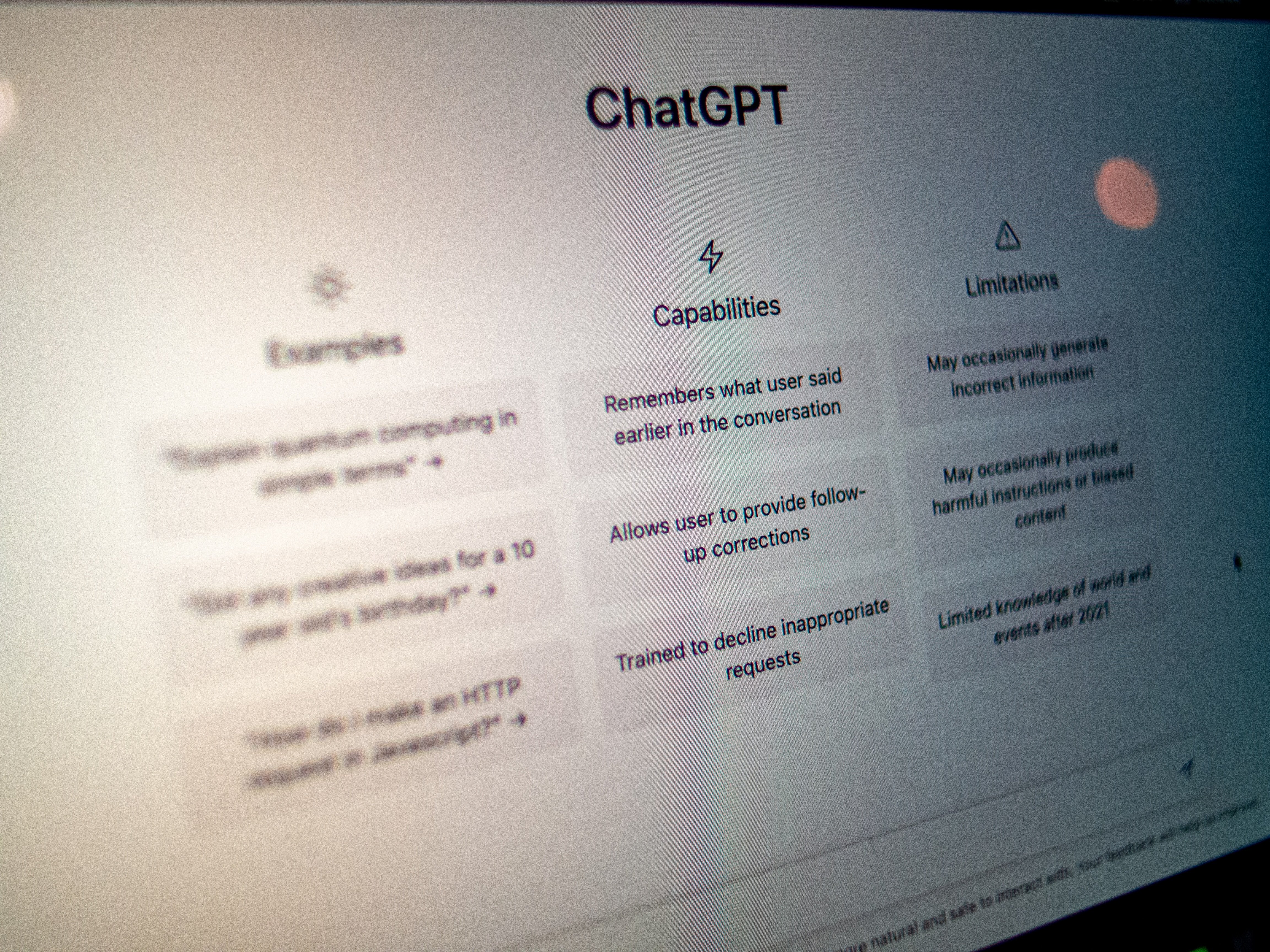Test 3 key factors of engagement and performance
It can be tempting to use sentiment-based survey questions like "Do you receive adequate recognition?" or "Does your management care about you as a person?" Similar inquiries are frequently included in formal, yearly, or biannual employee engagement surveys, and the results provide some insight into how employees feel about their positions and working environment.
Nevertheless, these questions aren't particularly good at revealing if workers are motivated to make extra effort or remain engaged and productive despite disturbance.
Ultimately, the key factors of employee engagement and performance don’t change, but how they have been interpreted does. So, be sure to constantly examine the following three factors that affect employee engagement.
Organizational trust
A strong indicator of employee engagement and productivity levels is the degree to which employees trust their company. High levels of organizational trust are associated with high levels of employee engagement. You may determine whether employees believe that your company values its people and will go above and beyond to ensure their well-being by asking survey questions on this. You can use these queries to determine whether your organization's values are properly communicated through your communication strategy.
Commitment to coworkers
Even when they experience significant levels of disruption at work and at home, employees should be able to work together efficiently. You can learn more about your employees' active teamwork (which helps them perform their best work) and whether they and their team value one another's assistance by asking survey questions.
The right capabilities
During times of considerable change, it's important to evaluate an employee's capability, which includes their understanding, adaptability, network, direction, and expectations. You should ask survey questions to find out if your staff are aware of and have access to the resources they need to manage disruption-related changes.







Reply a Comment